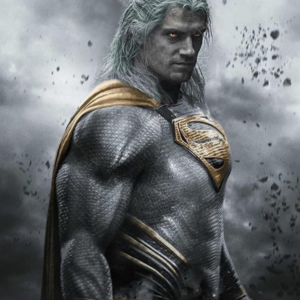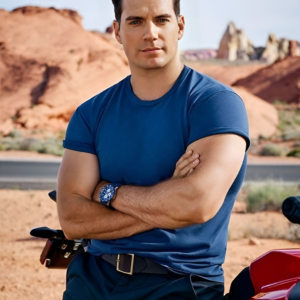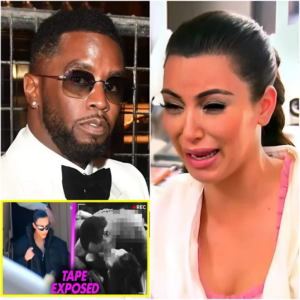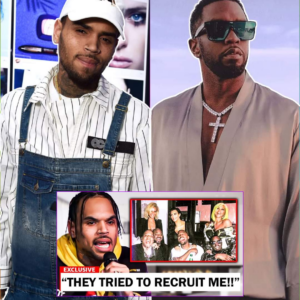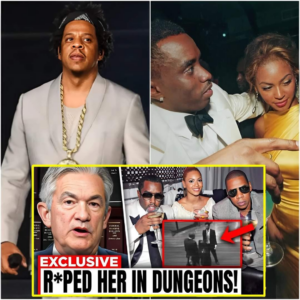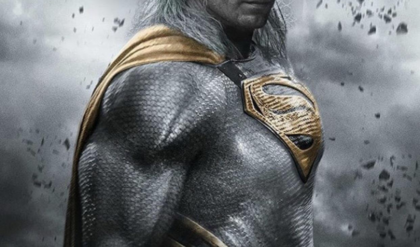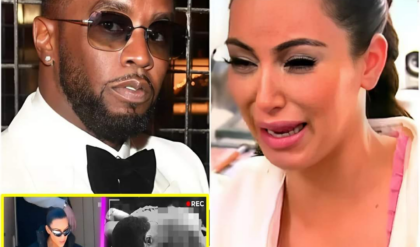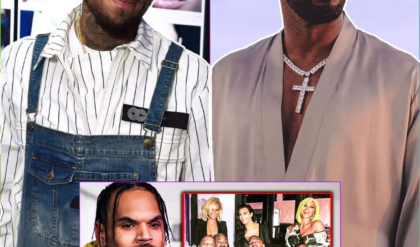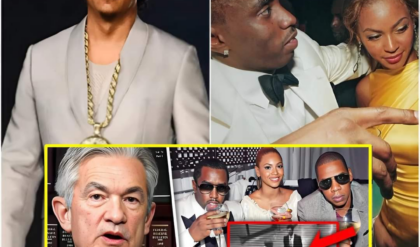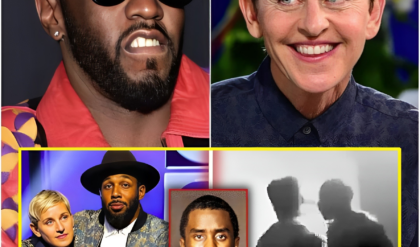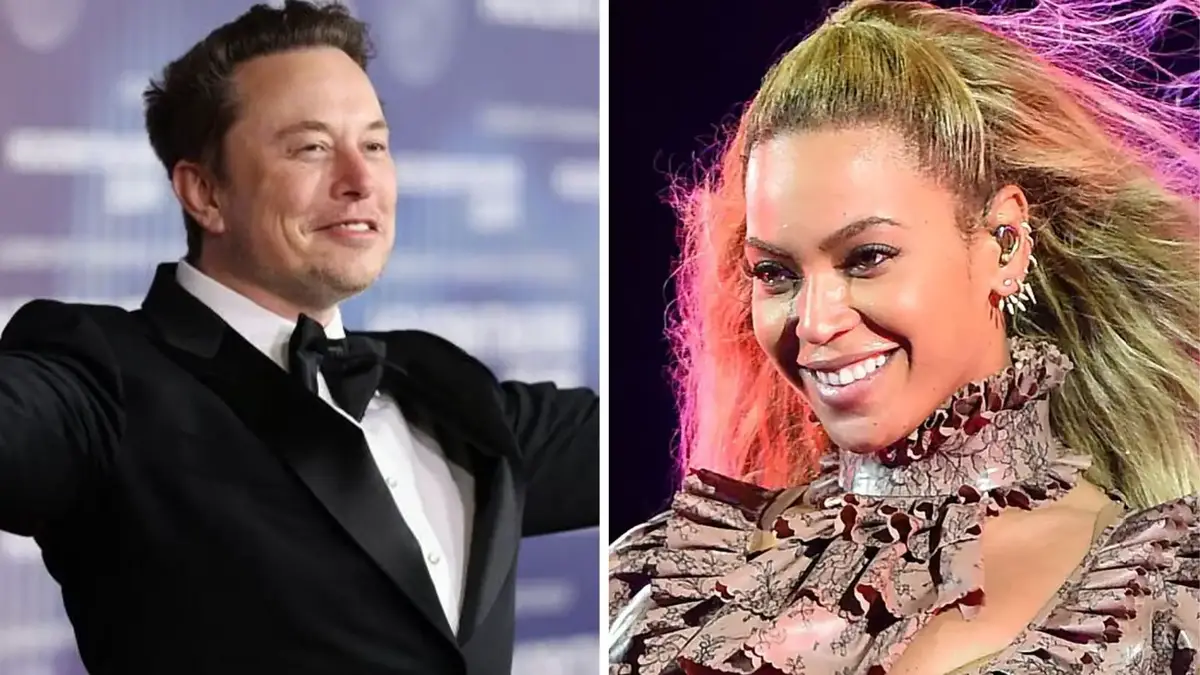
In an unexpected twist, tech magnate Elon Musk and music superstar Beyoncé have clashed over the limits of artistic expression and genre boundaries. The dispute became public when Beyoncé released her new country album “Cowboy Carter,” which Musk criticized, proposing she should face penalties for mimicking a country artist. This surprising dispute has ignited debate over creativity, authenticity, and the changing music industry.
Beyoncé’s foray into country music with “Cowboy Carter” represents a shift from her typical style, demonstrating her artistic range. The album stirred considerable excitement and polarized both fans and critics.
Elon Musk’s comments on social media sparked a fervent discussion about what constitutes artistic authenticity and an artist’s right to cross genre lines. His suggestion that Beyoncé should be fined for impersonation received mixed reactions, prompting a dialogue on the extent of artistic freedom.
The conflict between Musk and Beyoncé highlights ongoing discussions at the crossroads of technology, culture, and entertainment. Musk’s status as a tech industry leader lends significance to his views on artistic innovation.
Beyoncé’s response to the controversy emphasized her commitment to pushing artistic boundaries and embracing diverse influences in her music. In a statement issued through her representatives, she reiterated her passion for exploring new genres and connecting with audiences in innovative ways.
The incident has reignited discussions about cultural appropriation and the evolving nature of music in an interconnected world. It raises important questions about who gets to define musical genres and the responsibilities that come with artistic experimentation.
Supporters of Beyoncé have rallied around her, celebrating her courage to challenge conventional expectations and embrace new artistic challenges. They argue that creativity should not be confined by rigid genre classifications and that artists should have the freedom to evolve and grow.
On the other hand, critics of Beyoncé’s country music venture question the authenticity of her foray into the genre and the commercial motivations behind it. They argue that artists should respect the cultural roots of musical traditions and avoid superficial appropriations.
In the midst of this debate, the clash between Elon Musk and Beyoncé highlights the complex relationship between technology, culture, and creativity. It serves as a reminder of the power of influential figures to shape public discourse and challenge conventional norms in the pursuit of artistic expression.
As the conversation continues to unfold, the clash between Musk and Beyoncé invites reflection on the role of technology in shaping the future of music and the responsibilities that come with wielding cultural influence. It underscores the importance of respectful dialogue and mutual understanding in navigating the ever-changing landscape of art and entertainment.
News
Henry Cavill’s Witcher & Superman Replacement Already Avoided The Mistake That Killed The Original Franchise – S
Henry Cavill already has a replacement for The Witcher and Superman thanks to his role in the Highlander reboot, and this is already avoiding the mistake that killed the original franchise. Henry Cavill is one of the most popular action stars thanks to his roles in movies…
Goodbye DC and Superman, Henry Cavill reveals his favorite role if he joins MCU – S
Henry Cavill has expressed his favorite role if he has the opportunity to collaborate with Marvel Studios. Henry Cavill has officially said goodbye to the role of Superman after the DCEU ends at the end of 2023 to open a…
Kim Kardashian Goes Into Hiding After Freak0ff Video Of Her And Diddy Gets Leaked Ok, so things just got a whole lot messier for Diddy. The world witnessed him in his true form as a video of him putting his hands on Cassie made rounds on the internet. – S
It made a lot of folks hella uncomfortable. But as Diddy’s future started to look grim, he thought of a strategy. What’s worse than Diddy being exposed for his crimes? Fans discovering names of beloved celebrities who knew about…
Chris Brown LEAKS The List Of Major Names INVOLVED in Diddy’s Ab*se! | DIDDY IS DONE! – S
**Diddy’s Troubles: Allegations and Revelations** Sean “Diddy” Combs, the music mogul behind Bad Boy Records, finds himself embroiled in a storm of controversies and allegations that threaten to tarnish his reputation irreparably. The latest revelations, sparked by comments from…
HOT NEWS: The Feds LEAK New EVIDENCE of Jay Z P!MPING Beyonce To Diddy?!? – S
The Feds LEAK New EVIDENCE of Jay Z P!MPING Beyonce To Diddy?!? Amidst the swirling vortex of celebrity gossip and scandal, a bombshell revelation has sent shockwaves rippling through the entertainment industry. The latest development involves none…
Kanye Leaks Footage Of Drake Getting Clapped By Lucian Grainge – S
Kanye Leaks Footage Of Drake Getting Clapped By Lucian Grainge Girl, Kanye is back at exp0sing shady celebs, and y’all know that whenever Drake spills the tea, he ALWAYS comes correct with the tea. He has a track history…
End of content
No more pages to load
